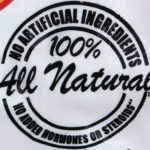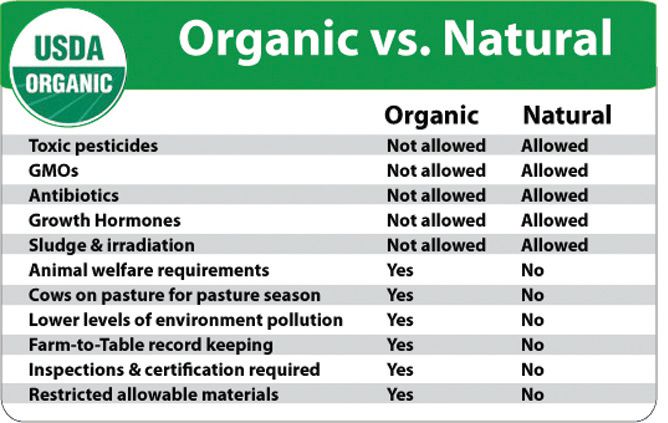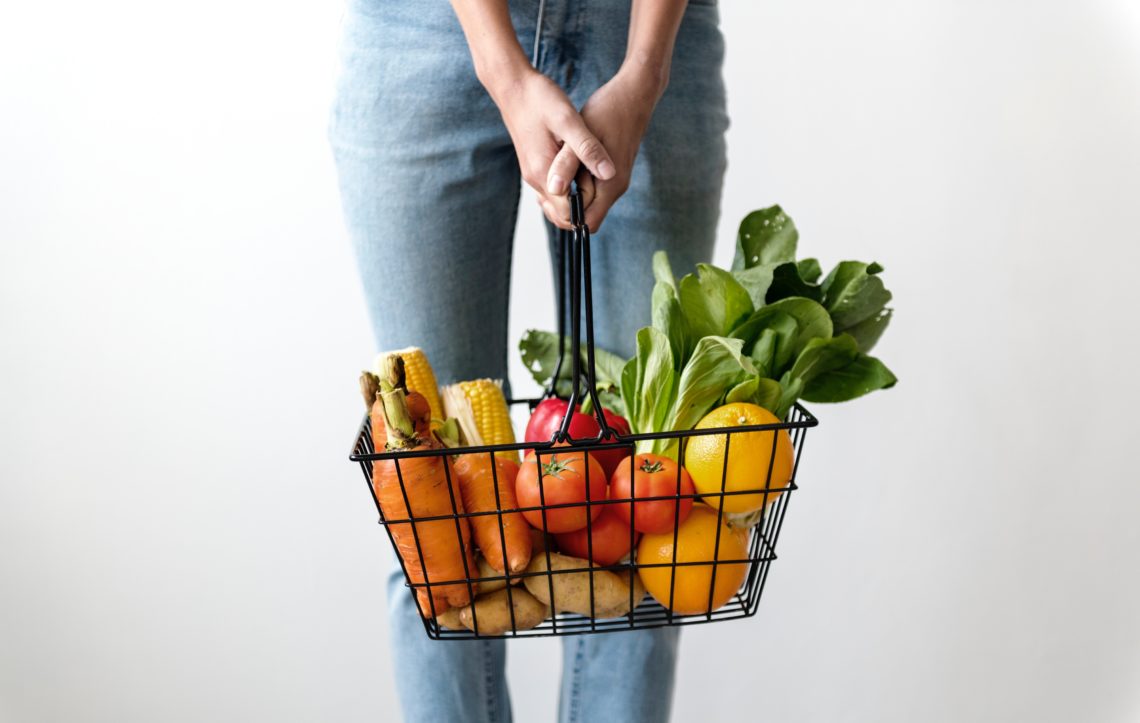 Natural foods have been popular with consumers for a long time now, and both consumers and food businesses have been interested in their appeal. Seems natural enough – why not eat naturally and avoid unnatural (or added chemical) ingredients?
Natural foods have been popular with consumers for a long time now, and both consumers and food businesses have been interested in their appeal. Seems natural enough – why not eat naturally and avoid unnatural (or added chemical) ingredients?
Problem is – there is not universal agreement on just what is a “natural food”. The term implies a lack of added artficial ingredients, or ingredients you would not expect with the food. Wikipedia defines a natural food as “chemical compound or substance produced by a living organism—that is, found in nature. In the broadest sense, natural products include any substance produced by life. The term natural product has also been extended for commercial purposes to refer to cosmetics, dietary supplements, and foods produced from natural sources without added artificial ingredients”.
In 2008, Europe tried to define natural foods as Regulation (EC) No 1334/2008 (17 pages) ‘a lack of artificial avorings, raw foods not undergoing any processing, or food ingredients with flavoring properties which are added to food for the main purpose of adding flavor and which contribute significantly to the presence in food of certain naturally occurring undesirable substances (herein-after referred to as food ingredients with flavouring properties)’.
In the US, the FDA has undertaken an extended comment period which will end on May 10, 2016 requesting comments on the definition of a natural food. From the FDA website: “The FDA has considered the term “natural” to mean that nothing artificial or synthetic (including all color additives regardless of source) has been included in, or has been added to, a food that would not normally be expected to be in that food. However, this policy was not intended to address food production methods, such as the use of pesticides, nor did it explicitly address food processing or manufacturing methods, such as thermal technologies, pasteurization, or irradiation. The FDA also did not consider whether the term “natural” should describe any nutritional or other health benefit. “
So where has all of this left the consumer? Besides frustrated and bewildered, there are over 100 lawsuits in US courts as of 2011. In general, the lawsuits allege that some of their “natural” claims constitute deceptive marketing. Most big name food producers, as well as some national food chains, have been named in these lawsuits. Most are based on alleged violations of state statutes on false advertising, unfair trade practices, con- sumer protection, fraud, and breach of warranty. Though these cases were originally unsuccessful (or settled out of court), they seem to be gaining some new traction in light of an uncertain regulatory scheme.
As the result, the Wall Street Journal reports that some companies are ditching the Natural label. (March 16, 2013). The Guardian reported on July 3, 2014 that “Natural food is big business, too bad it’s meaningless”. The problem is that ”natural” means just about nothing, in terms of US food labelling regulations. Products marked ‘natural’ aren’t certified or inspected to ensure they are, and the legal definition is vague at best”.

Unless the FDA publishes a clear definition, and starts to enforce, the term “natural foods” we will still be adrift and subject to litigation and food producer claims. When in doubt, check the ingredients list and make your best determination. USDA Organic is a good start, as is Non-GMO Project certified.
Ken Condliff was the founder and self-proclaimed CNO (Chief Nutty Officer) of Nut-tritious Foods located in Vancouver, WA
For more info: http://www.nut-tritiousfoods.com
This article was printed in the Summer 2016 Green Living Journal







One Comment
Portland Internet Marketing
I love the interesting points you make about Natural foods that I wouldn’t have know. Excuse my ignorance.